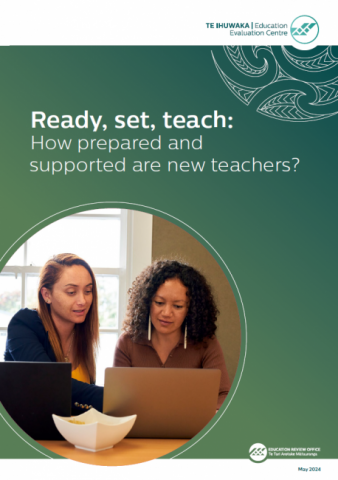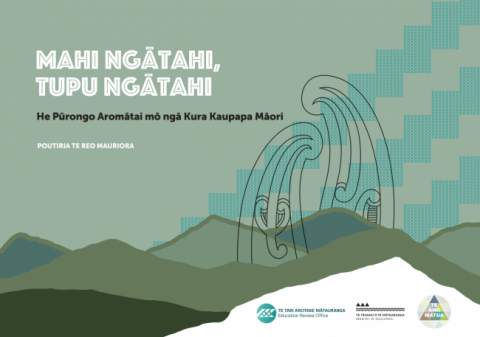Ready, set, teach: How prepared and supported are new teachers?
Published: 13 May 2024
Teachers are the most important influence on student outcomes in schools. To achieve the government’s ambition to raise student achievement, it is critical that our teaching workforce is well prepared and supported. ERO looked at how well prepared and supported our new teachers are.
- Audience:
- Academics
- Education
- Parents
- Schools
- Content type:
- Research
- Topics:
- Te Ihuwaka | Education Evaluation Centre












